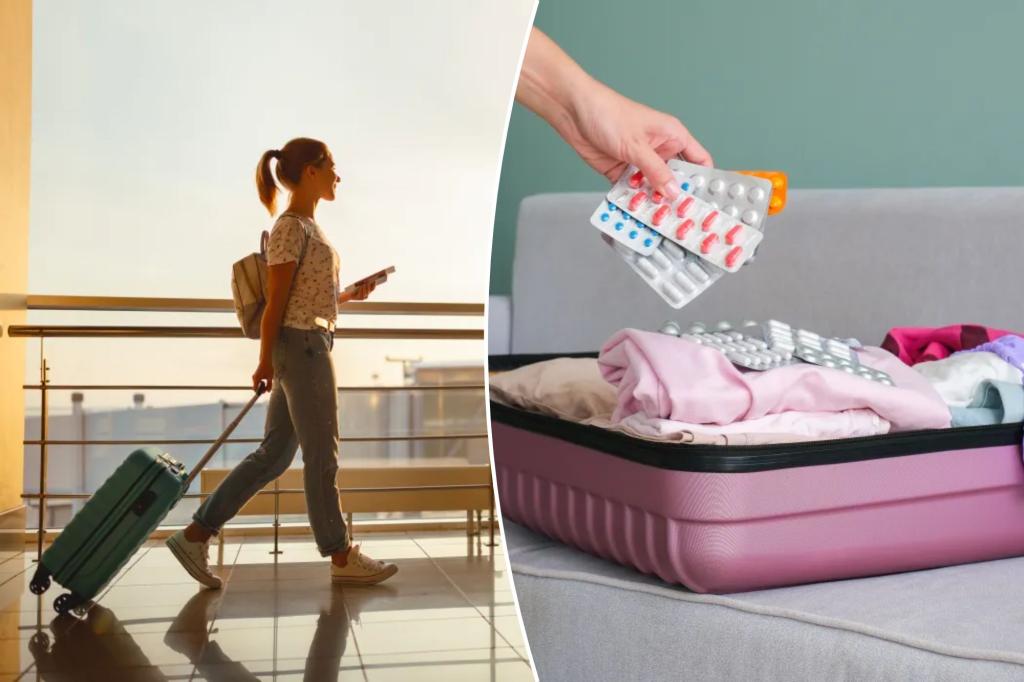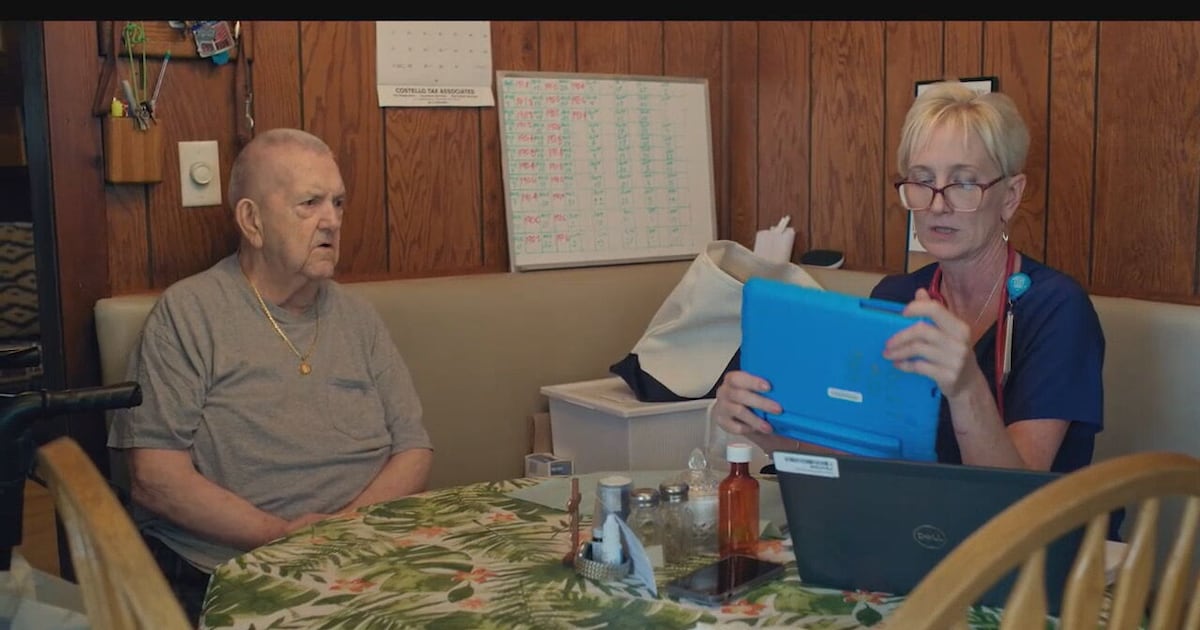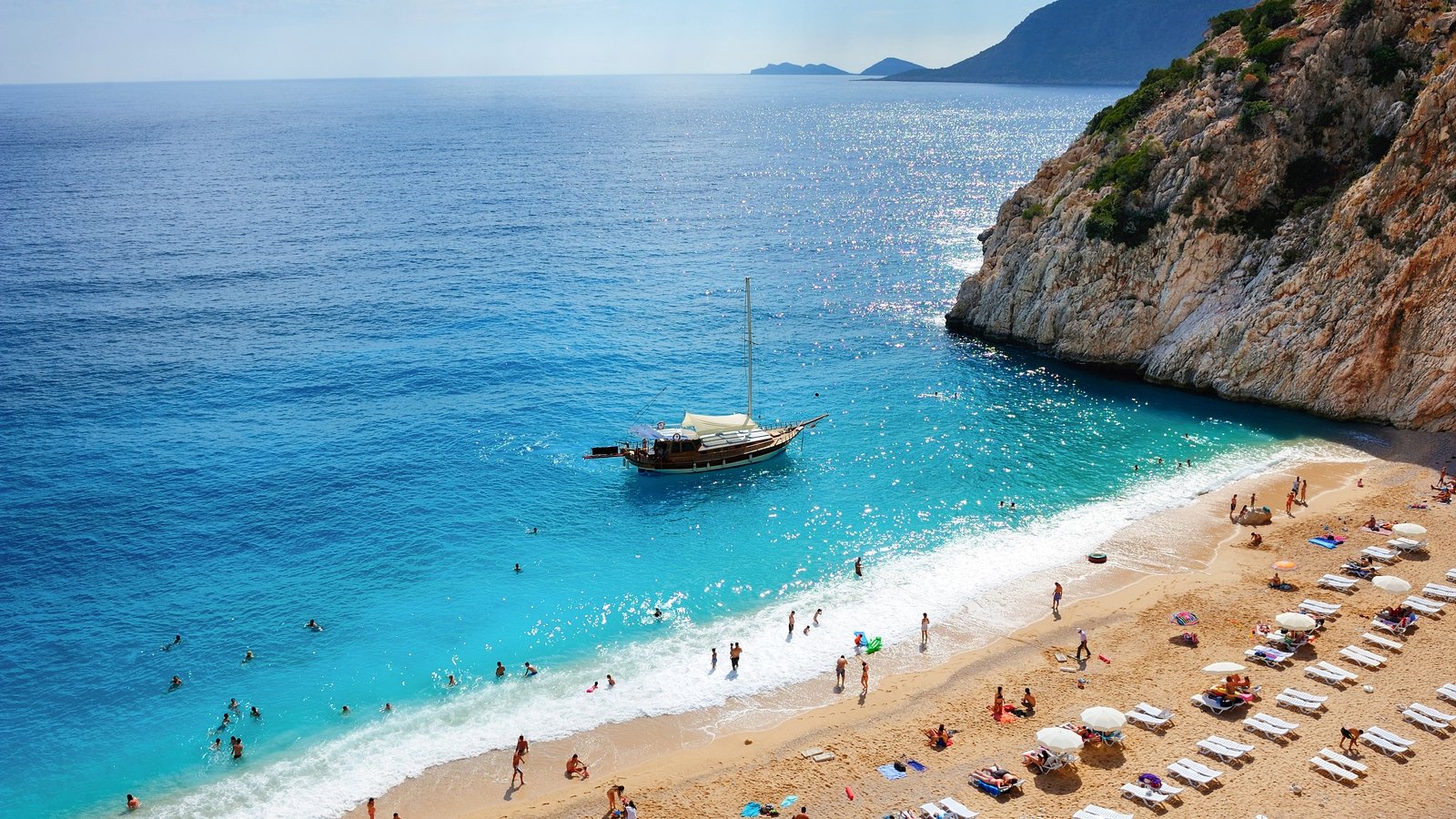Summary
The Posts wellness editor shares what she is actually packing for summer travel to sleep well, stay hydrated and come home healthy.
Source: New York Post

AI News Q&A (Free Content)
Q1: What role does melatonin play in managing jet lag during summer travel?
A1: Melatonin is a hormone that regulates sleep-wake cycles and is often used as a supplement to manage disrupted sleep patterns, such as those caused by jet lag. It is typically taken orally and can help in adjusting the body's internal clock to new time zones. Though the evidence for its effectiveness is moderate, studies suggest it can help in reducing the time to sleep onset by about six minutes on average, though it doesn't significantly change overall sleep duration. Melatonin is generally safe at low doses for short-term use, but potential side effects include somnolence and headaches.
Q2: What are some recommended practices to prevent jet lag and stay healthy while traveling?
A2: To prevent jet lag and maintain health during travel, it is recommended to prepare for the trip by adjusting sleep schedules to the destination time zone, staying hydrated, and eating balanced meals. Practical tips include getting plenty of sunlight upon arrival, avoiding heavy meals, caffeine, and alcohol before bedtime, and considering light exercise. Maintaining proper hydration is crucial to counteract the dehydrating effects of air travel. Travelers are also advised to wash hands frequently and consume safe food and water to prevent illness.
Q3: How can travelers manage motion sickness during summer travel?
A3: Motion sickness, which occurs due to a discrepancy between perceived and actual motion, can be managed by keeping the head still and focusing on the horizon. Medications such as antimuscarinics (e.g., scopolamine) and H1 antihistamines (e.g., dimenhydrinate) can be used, although their side effects may limit usage. Non-pharmacological measures like sitting in the front seat of a car or choosing a seat over the wings in an airplane can also help reduce symptoms.
Q4: What are some effective hydration strategies to maintain health during summer travel?
A4: Effective hydration strategies during summer travel include drinking plenty of water before, during, and after flights, avoiding caffeine and alcohol, and consuming foods with high water content like fruits and vegetables. Travelers should also be mindful of the humidity levels at their destination and adapt their fluid intake accordingly. Using electrolyte-enhanced drinks can help replenish lost minerals and maintain hydration balance.
Q5: What scientific evidence supports the use of melatonin for sleep issues related to travel?
A5: Scientific reviews have shown that melatonin can be beneficial for sleep issues related to travel, particularly jet lag. A 2017 review found that melatonin supplementation helped reduce sleep onset time, though it did not significantly change the overall duration of sleep. Melatonin's effectiveness is attributed to its role in synchronizing the body's internal clock with the new time zone, making it a popular choice for travelers facing time zone changes.
Q6: What are some common dietary recommendations to avoid tummy problems during travel?
A6: To avoid tummy problems during travel, it is recommended to eat light, balanced meals and avoid foods that are heavy, spicy, or unfamiliar. Sticking to bottled water and avoiding street food can help prevent foodborne illnesses. Probiotics may also support digestive health by maintaining a healthy gut flora. It is also beneficial to eat at regular intervals and avoid overeating, which can lead to discomfort and indigestion.
Q7: How can athletes prepare for travel to minimize health risks according to recent studies?
A7: Athletes can prepare for travel by following a set of guidelines known as 'PREVATHLES,' which includes preparing for time zone changes, ensuring vaccinations are up to date, maintaining proper hydration and nutrition, and managing training loads. These recommendations, although not scientifically proven in all aspects, are based on practical experience and literature in sports medicine. Key factors include getting adequate rest, avoiding infections, and adapting to environmental conditions.
References:
- Melatonin as a medication and supplement
- Motion sickness
- Ten Tips to Hurdle the Injuries and Illnesses During Major Athletics Championships: Practical Recommendations and Resources





